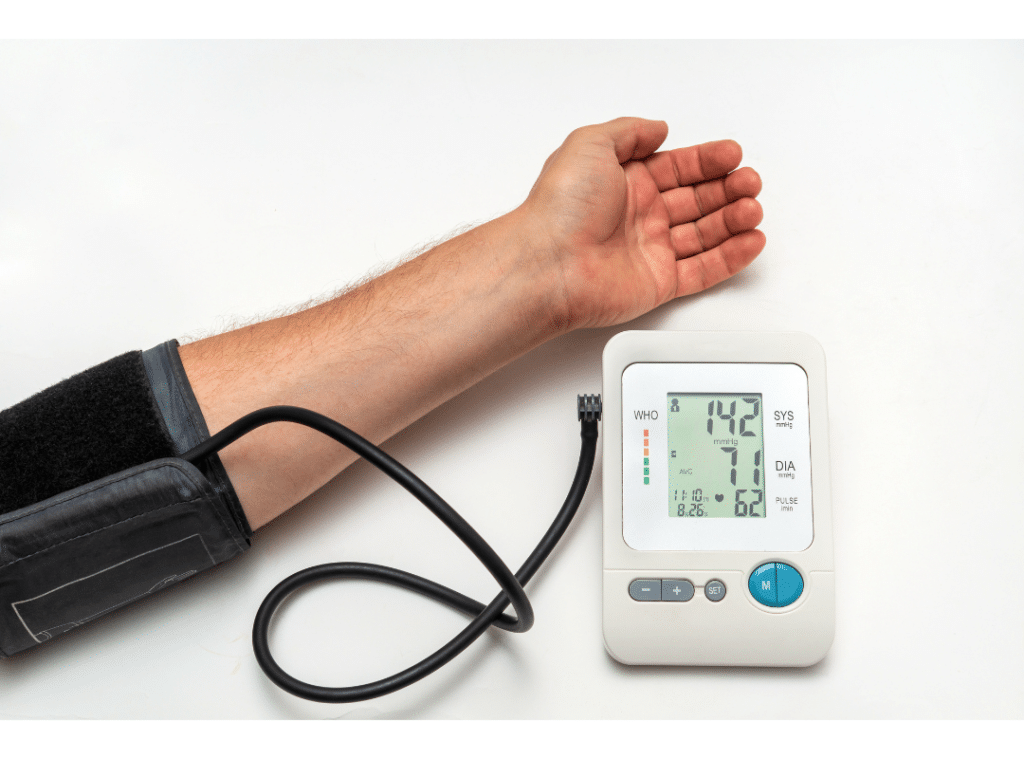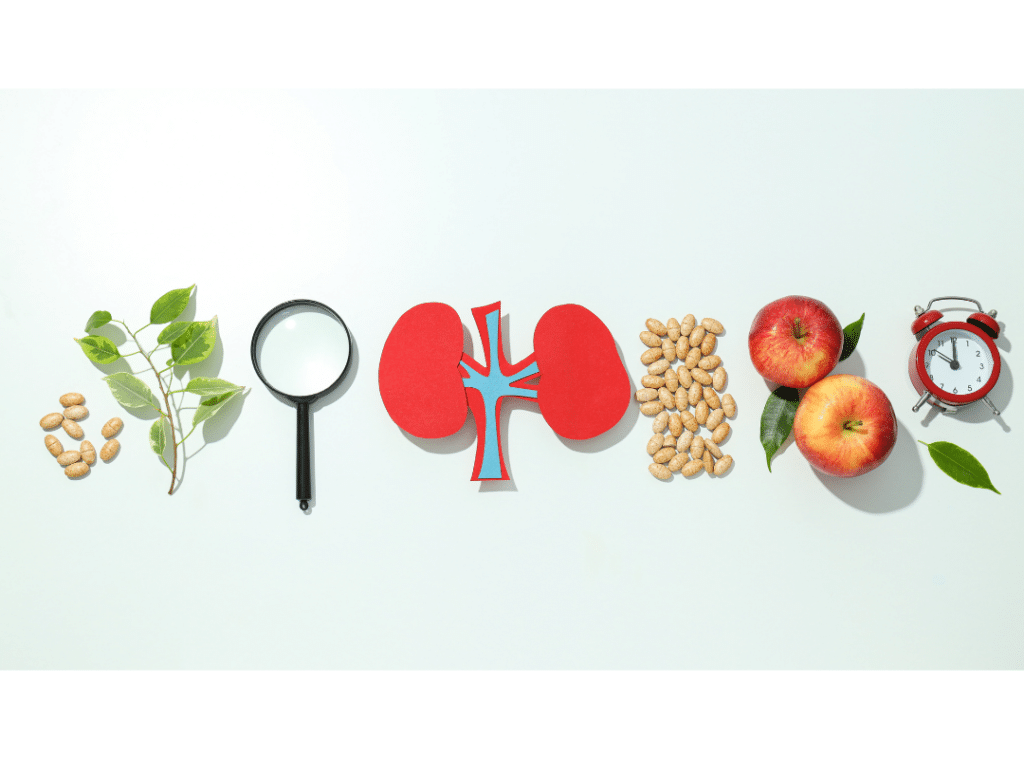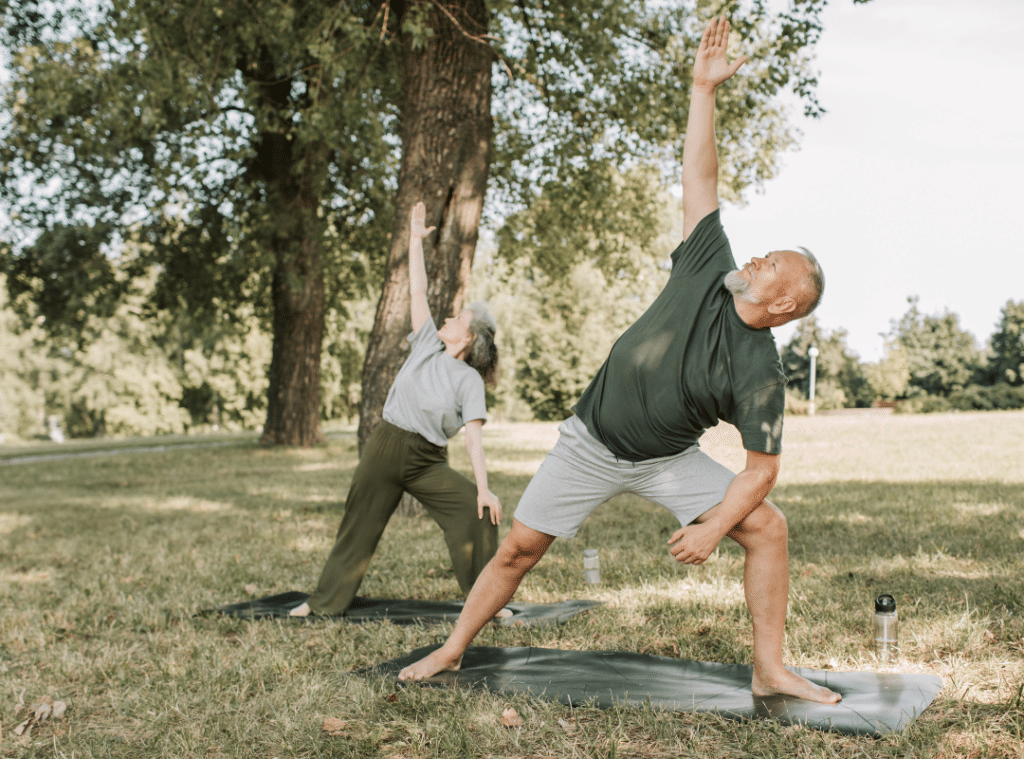Preventing Kidney Failure in Elderly People: Tips for Better Health
As you navigate the world of senior health, ensuring your kidneys remain in the best condition becomes essential. The journey towards preventing kidney failure in elderly individuals is a multifaceted one, encompassing various lifestyle adjustments that can greatly impact your overall well-being. From managing blood pressure to making mindful dietary choices, each step you take plays an important role in safeguarding your kidney health. Stay tuned to unravel the intricate web of strategies that can pave the way for a healthier future with Westmont of Pinole.

Understanding Kidney Function
To truly comprehend how to prevent kidney failure in elderly individuals, it’s important to first grasp the intricate workings of kidney function. The kidney anatomy is a marvel of biological engineering, consisting of millions of nephrons that filter waste and excess fluids from the blood. Renal function, the process through which the kidneys perform this significant filtration, is vital for maintaining overall health.
Understanding how the kidneys regulate electrolytes, blood pressure, and fluid balance is key to preventing kidney failure. The intricate network of blood vessels within the kidneys plays a significant role in renal function, ensuring that essential nutrients are filtered back into the bloodstream while waste products are excreted through urine. Additionally, age-related changes in kidney function, such as decreased glomerular filtration rate GFR, can impact the risk of kidney failure in the elderly.

Maintaining Healthy Blood Pressure
Maintaining healthy blood pressure is essential for supporting ideal kidney function in elderly individuals. High blood pressure can strain the kidneys over time, leading to potential kidney damage and increasing the risk of kidney failure. To help maintain healthy blood pressure levels, consider monitoring your medication intake as prescribed by your healthcare provider and implementing stress management techniques into your daily routine. Additionally, staying active and following a balanced diet can further support kidney health in the elderly.
Tips for Maintaining Healthy Blood Pressure:
| Monitor Medication | Stress Management | Stay Active |
| Follow prescribed doses | Practice relaxation techniques | Engage in regular exercise |
| Keep track of side effects | Prioritize self-care | Maintain a healthy weight |
| Attend regular check-ups | Cultivate hobbies | Limit alcohol consumption |
| Communicate with your doctor | Spend time in nature | Avoid tobacco products |
| Adjust medications as needed | Seek support from loved ones | Eat a balanced diet |

Adopting a Kidney-Friendly Diet
For elderly individuals looking to support their kidney health, adopting a kidney-friendly diet is necessary. Renal health is important as we age, and dietary restrictions play a significant role in maintaining ideal kidney function. To promote kidney health, it’s important to limit sodium intake. High sodium levels can increase blood pressure and put extra strain on the kidneys. Additionally, reducing phosphorus-rich foods such as dairy, whole grains, and nuts can benefit those with compromised renal function. Incorporating more fruits and vegetables into your diet can also support renal health. These foods are naturally low in sodium and high in essential vitamins and minerals.
Moreover, staying hydrated by drinking an adequate amount of water is crucial for kidney function. When planning meals, consider consulting with a healthcare provider or a dietitian to create a personalized kidney-friendly diet plan. By being mindful of dietary restrictions and making informed food choices, you can take proactive steps toward preventing kidney failure and promoting overall well-being in your later years. Aging individuals can also benefit from including fiber-rich foods in their diet to support digestive health and prevent constipation.

Staying Hydrated
Maintaining sufficient hydration levels is important for supporting optimal kidney function. Adequate water intake helps sustain proper hydration levels, benefiting overall health and particularly kidney function. Here are some essential tips to stay hydrated:
- Monitor Water Consumption: Keep track of the amount of water you drink daily to make sure you meet recommended levels for your age and health status.
- Drink Throughout the Day: Instead of consuming large amounts of water at once, sip water consistently throughout the day to sustain hydration levels.
- Consider Hydrating Foods: Include foods with high water content in your diet, such as fruits and vegetables, to complement your water intake.
- Limit Dehydrating Beverages: Reduce the consumption of dehydrating beverages like caffeinated drinks and alcohol that can lead to dehydration.
Staying well-hydrated is crucial for kidney health, as dehydration can impact kidney function and lead to complications.

Regular Exercise Benefits
Regular exercise offers numerous benefits for kidney health in elderly individuals. Engaging in exercise routines and increasing physical activity levels can have a positive impact on kidney function. Research suggests that regular exercise can help lower blood pressure, improve cardiovascular health, and maintain a healthy weight, all of which are vital for reducing the risk of kidney disease. Incorporating moderate-intensity activities like walking, swimming, or cycling into your daily routine can help improve overall kidney function. These exercises promote better blood flow to the kidneys, aiding in the removal of waste and toxins from the body.
Additionally, staying active can help regulate blood sugar levels, which is important for kidney health. It is recommended to aim for at least 150 minutes of moderate exercise per week, spread out over several days. Consult with a healthcare provider before starting any new exercise regimen, especially if you have existing health conditions. By prioritizing regular physical activity, you can notably reduce the likelihood of kidney complications as you age. Moreover, participating in group exercise classes like Zumba Gold can add a social element to your fitness routine, enhancing your overall well-being.
What Level of Care Do You Need?
Discover the level of care you or your family member requires.
To sum up, by taking proactive steps such as monitoring blood pressure, adopting a kidney-friendly diet, staying hydrated, and engaging in regular exercise, elderly individuals can markedly reduce their risk of kidney failure. Remember, prevention is key to maintaining kidney health, so incorporating these lifestyle changes can go a long way in safeguarding your kidneys for years to come. As the saying goes, “An ounce of prevention is worth a pound of cure.” For more information on senior living and health services, contact Westmont of Pinole at 510-758-1122.








